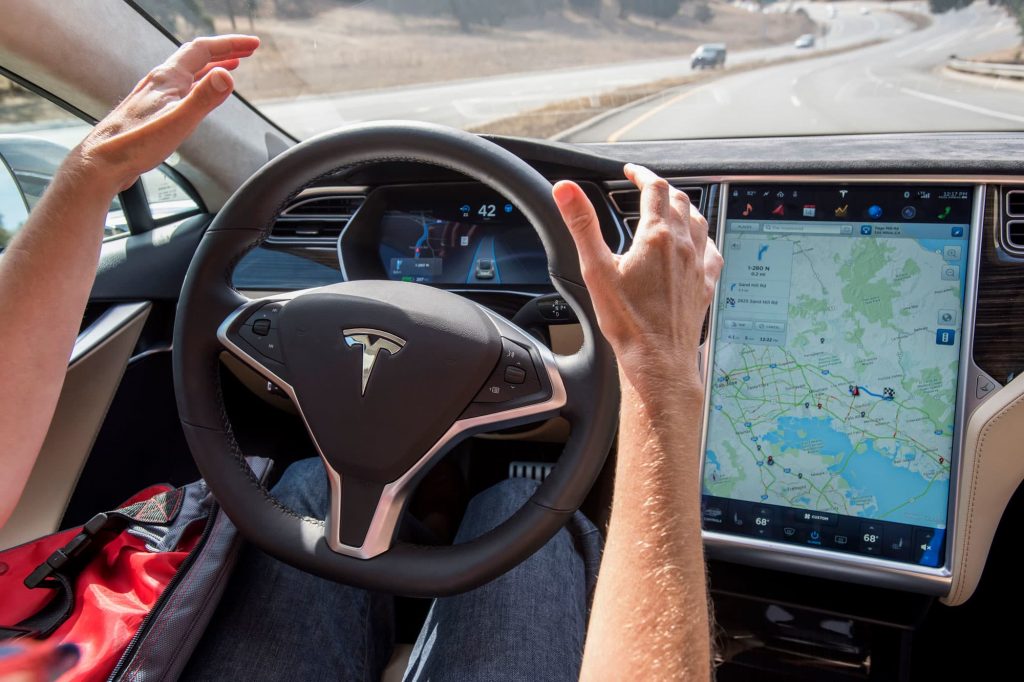California has prohibited Tesla from naming its software Full Self-Driving (FSD), claiming that the name could cause a “reasonable person” to believe the functionality permits a car to become fully autonomous.
The law, which goes into effect in 2023, comes despite Tesla’s claim that FSD does not allow a car to become autonomous. FSD is available as an add-on option for $15,000 or $199 per month. The feature is automatically updated.
The bill, proposed by Democratic State Sen. Lena Gonzalez, prohibits automobile dealers and manufacturers in California from “deceptively naming or marketing” a car as self-driving if it has partial autonomous functions that require humans to pay attention and handle the driving.
“The currently enabled Autopilot, Enhanced Autopilot, and Full Self-Driving features require active driver supervision and do not make the vehicle autonomous,” according to a statement on Tesla’s website.
“Full autonomy will depend on outperforming human drivers in terms of reliability, as proved by billions of kilometers of driving, as well as regulatory approval, which may take longer in some jurisdictions.”
Tesla CEO Elon Musk stated in 2017 that a self-driving Tesla would be capable of a cross-country demo drive without human assistance by 2018. However, this has yet to be achieved. In October, Musk announced a “wide release” of FSD by the end of the year.
The National Highway Traffic Safety Administration (NHTSA) launched two more special crash investigations(Opens in a new window) into Tesla crashes in which FSD is suspected of being a factor.
According to CNN, one of the crashes included a Tesla Model S driver utilizing FSD when the car began moving erratically, resulting in an eight-car pileup on the San Francisco Bay Bridge (Opens in a new window).
Meanwhile, Tesla is facing a class-action lawsuit accusing it of misleading people by falsely misrepresenting its Autopilot and FSD functionalities.
The case, filed in September in the United States District Court for the Northern District of California, argues that Tesla and Elon Musk have mislead drivers since 2016 when the company vowed to equip all vehicles with self-driving technology.

